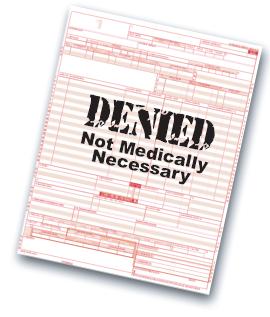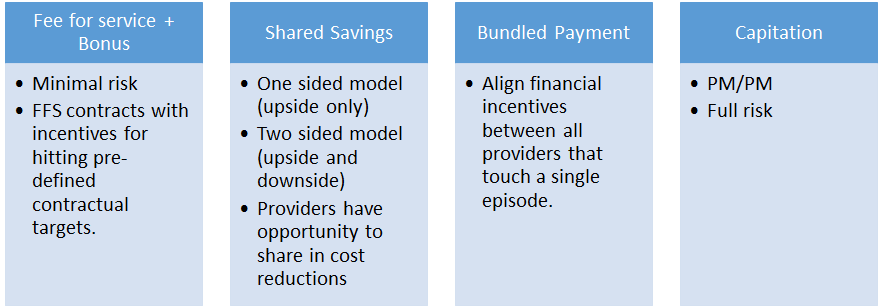 You’ve hired a new doctor to join your practice, but it will take several months to get the new doctor on your insurance plans and to add him or her to your group practice. What do you do? Can you bill for the new doctor’s services under your own provider name or number? Can you hold the billing and submit it at a later date?
You’ve hired a new doctor to join your practice, but it will take several months to get the new doctor on your insurance plans and to add him or her to your group practice. What do you do? Can you bill for the new doctor’s services under your own provider name or number? Can you hold the billing and submit it at a later date?
Billing for the new doctor’s services under the name or provider number of a physician who did not actually perform the service is fraud. It’s as simple as that. And it’s a serious offense, punishable as a criminal offence, regardless of the payer involved. In other words, it’s not true to say “Well, it’s ok to do with HMOs, but not Medicare.” It’s fraud for every payer. And, with federal payers, it’s a federal crime! So what do you do?
Physicians are very limited with respect to Medicare and Medicaid patients. The new doctor must be added to the practice’s provider number, especially if the practice provides “designated health services” such as PT, rehab, clinical lab and diagnostic imaging. Most practices time the hiring of the new doctor with adding him or her to the provider number and also ensuring that the new doctor is contracted with various payers, all of which can take several months.
There may be a little more flexibility with respect to PPOs and HMOs, though this is tricky. These payers are usually adamant about credentialing the new doctor and about having him or her sign a participating provider agreement before providing services to their insureds. In some very limited circumstances, a payer may expedite the process and may even suggest a billing arrangement that would otherwise constitute insurance fraud, but physicians still need to be careful with these arrangement. When a payer suggests such an arrangement, it is absolutely essential that the proposal and agreement be in writing and review to ensure regulatory compliance. Otherwise, the practice and the doctors involved may be subject to fraud based claims—e.g. violations of the state insurance laws and even the federal False Claims Act.
 By: Matt Fischer
By: Matt Fischer

 By:
By: 







